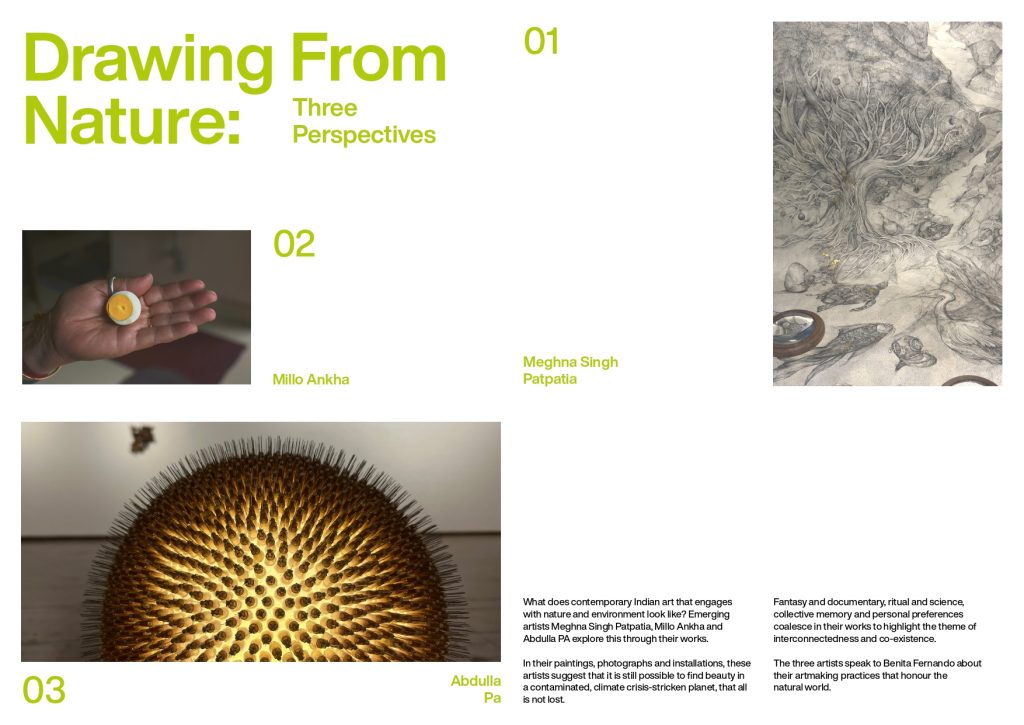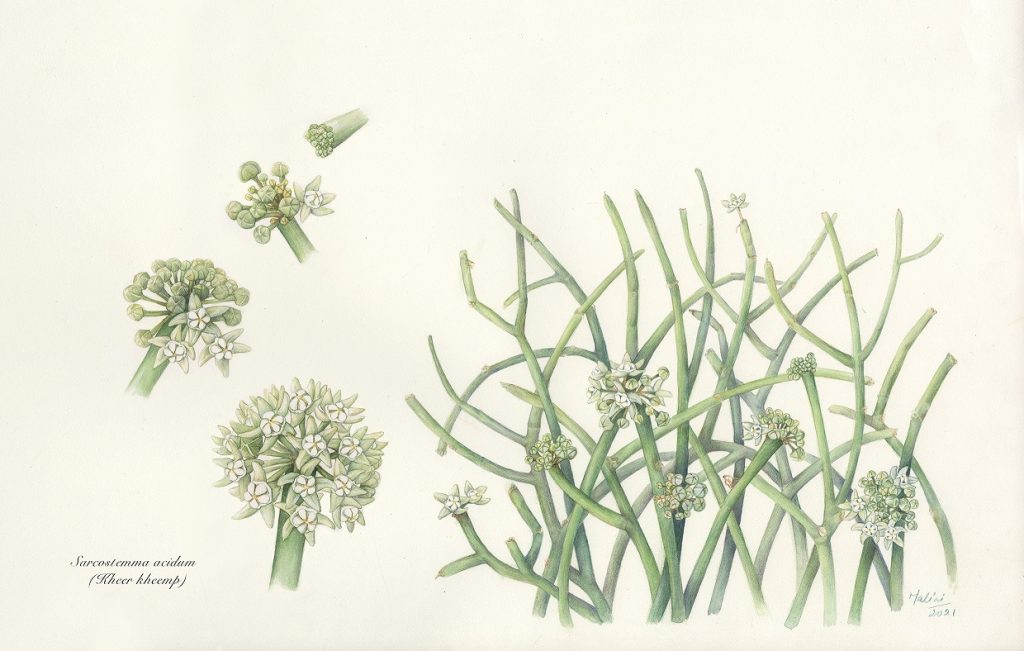Arts Journalism Grant 2023
About
The SAF Arts Journalism Grant seeks to provide support worth 1 lakh to an early- or mid-career journalist/reporter in an effort to develop a body of reportage around creative communities/ practices in the subcontinent. Situated as we are within an ecosystem that is more saturated with initiatives for critical and curatorial writing, this Grant hopes to address a seeming lacuna in opportunities for accessible arts journalism, to drive greater interest and public stakeholdership in the arts. The awardee will be chosen from a pool of candidates nominated by the Jury.
DURATION
9 months
INTAKE
1 participant
Jury
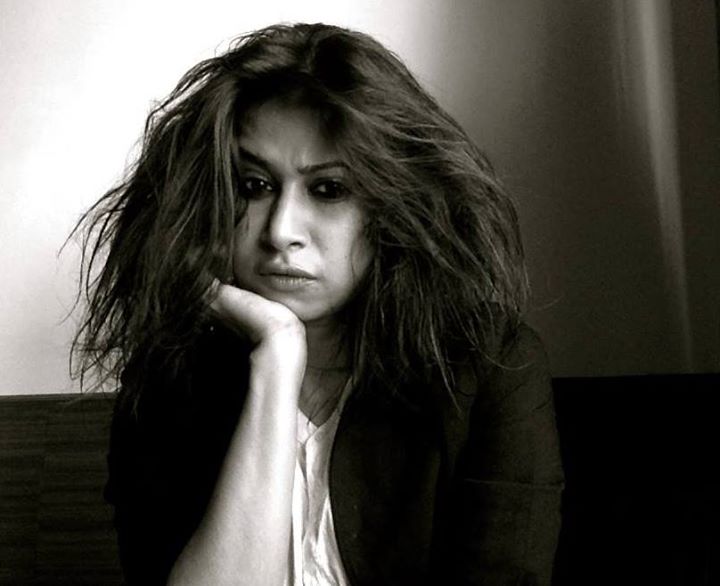
Chinki Sinha is a writer and a traveller. Her journeys sometimes end in transit zones or nowhere at all. In order to write, one must make the journey into the dark. It is the process of climbing back out of the trenches that can be translated into words. Sinha completed her master’s in journalism from Syracuse University and has done a fellowship at the University of Pennsylvania. She worked in a newspaper in New York and then joined the Indian Express in Delhi. Currently the editor of Outlook magazine, she has written for BBC, Al Jazeera, Elle Magazine, and several other publications. She writes on everything that is worth writing about.
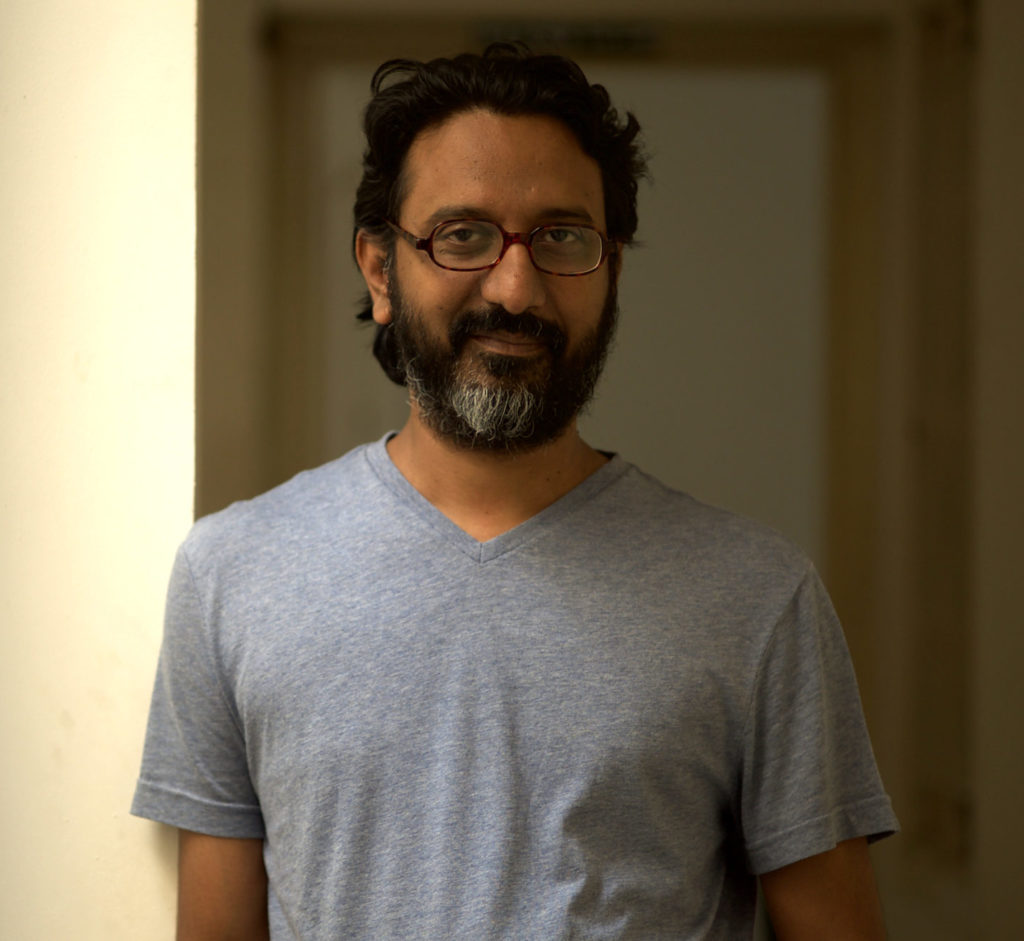
Gautam Pemmaraju is a Mumbai based writer, researcher & filmmaker who works in the areas of history, literature and art. With special interests in early 20th century anti-colonialism and the cultural history of the Deccan, he has also published extensively on sonic culture and sound art.
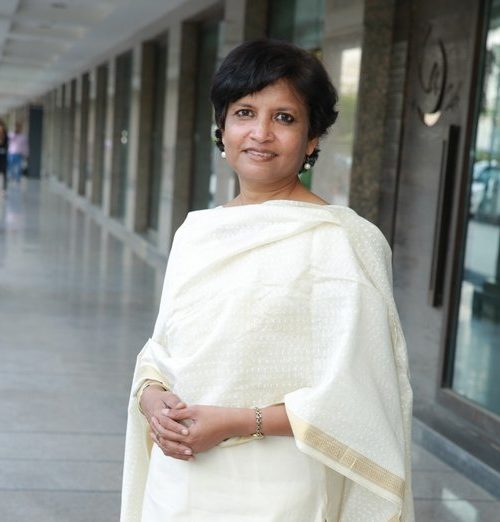
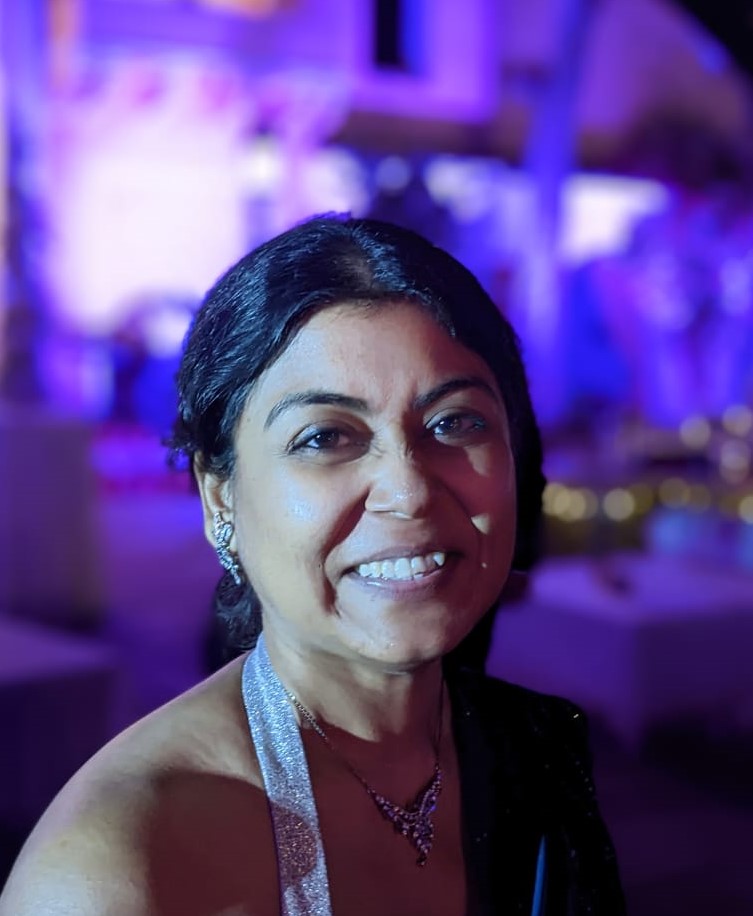
Grantee
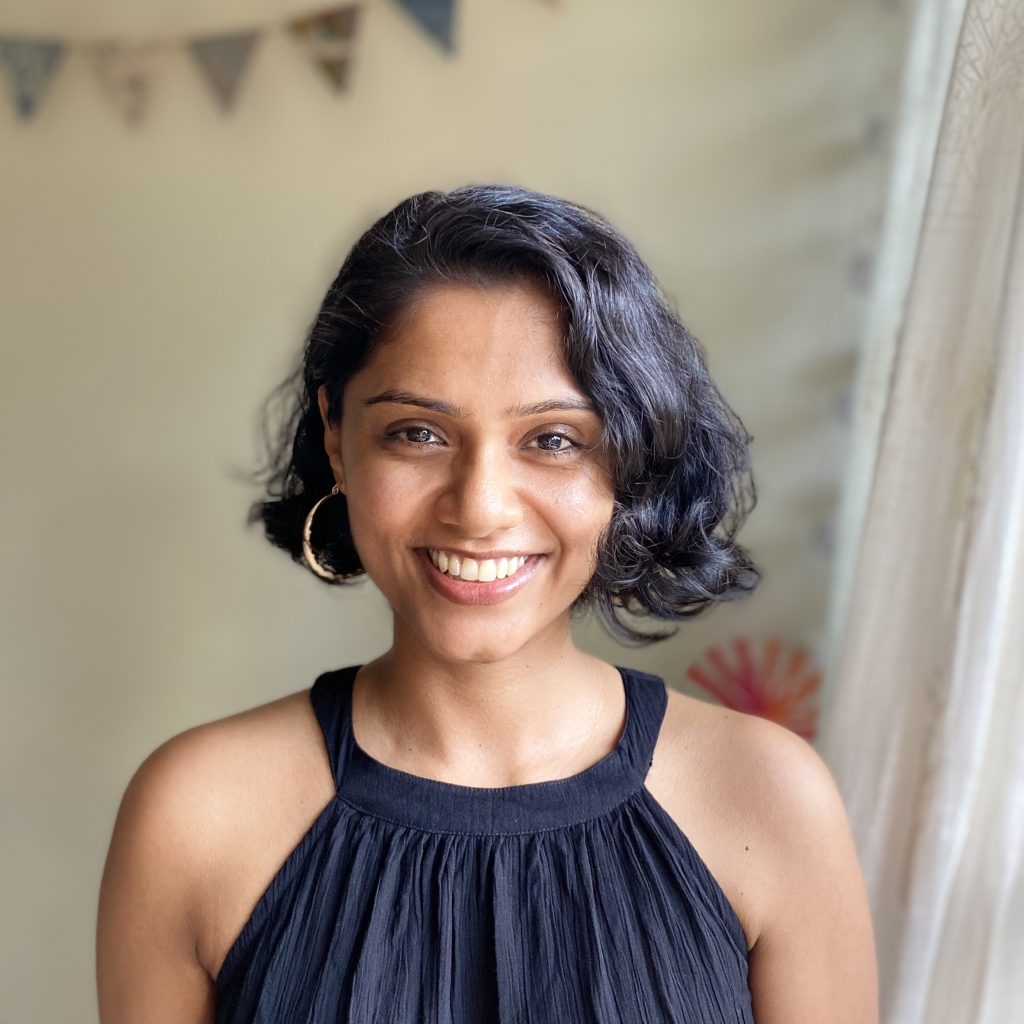
Benita Fernando is an independent journalist based out of Mumbai. She reports and comments on the visual arts, design, and visual culture, and is committed to making arts coverage more accessible to a wider readership. She has previously worked with The Indian Express, Mint Lounge and Sunday Mid-day. She often geeks out on urban history and heritage, fantasy literature and period dramas.
The first story by our SAF Arts Journalism Grantee Benita Fernando traces the origins of botanical art in India, focussing on contemporary practitioners, such as Alisha Dutt Islam, Ravi Jambhekar, Malini Saigal, Nirupa Rao and Laila Vaziralli. The article explores the ways in which contemporary botanical artists celebrate our local flora, the science behind the art, and how they contend with modern techniques, such as photography or film, which are routinely used to document and survey the natural world.
This essay looks at the craft practice of Mata ni Pachedi practised by the nomadic Vaghri community of Gujarat. As of last year, the Sabarmati has been identified as the second most polluted river in the country and the change in the Ph value of its water has affected the natural dyeing and washing processes associated with Mata ni Pachedi. The story aims to tell the changes that have occurred in an artistic community and their relationship with the river.
